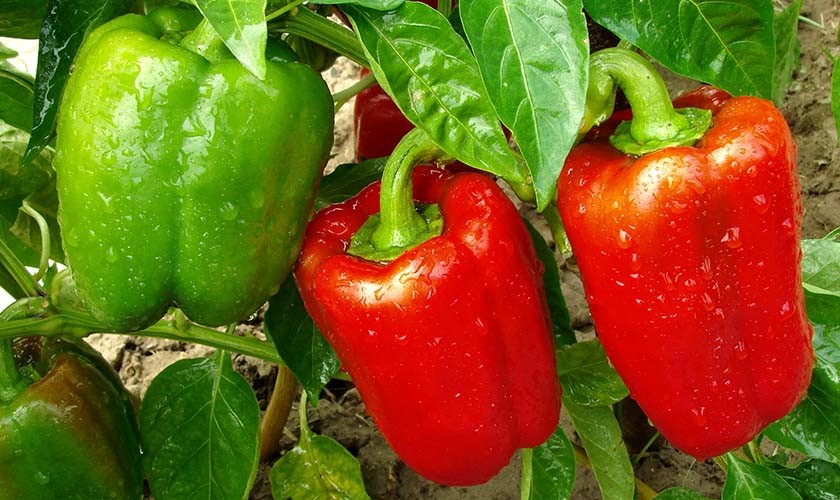Fruit and vegetable ripening: when and why it is important to unify ripening and bring it forward

In crops, ripening is defined as the stage that takes place at the end of fruit growth and development until senescence. It is a decisive process as it determines whether the fruit is in optimal conditions for consumption, from a nutritional point of view and in terms of its physical characteristics (colour, texture and other organoleptic properties).
The physiological maturity of fruits coincides with the moment of harvesting. Bringing forward this maturity in excess or prolonging it too much involves the risk of possible physiological disorders occurring. Immature fruit wither more easily and their quality is lower. In addition, overmature fruit is more prone to softening and loss of taste.
Fruit and vegetable ripening is a process with numerous commercial implications too. The key for producers is to achieve a balance at harvest time. At that moment, the degree of ripeness must be optimal, both to ensure the edible quality of fruit and vegetables and also to allow post-harvest handling for marketing and sale. Seipasa has developed a specific biostimulant for this ripening process: Sweetsei.
From a commercial point of view, bringing forward and unifying ripening in fruit and vegetables allows producers to harvest earlier, with uniform quality and to optimise costs. Getting to the market earlier means producers obtain better prices, so that at this stage it may be necessary to apply solutions that boost ripening and enhance uniformity in fruits.
Sweetsei is specifically designed to induce and encourage an increase in sugars, ripening and swelling. The key to Sweetsei's powerful action lies in its balanced formulation based on an optimal equilibrium in the selection of its components as well as an exclusive combination of metabolic catalysts that encourage and stimulate the ripening process. Among these there are key enzymatic stimulators in the biochemical Yang cycle that boost the synthesis of the phytohormone ethylene.
Ripening and ethylene
Ethylene is the plant hormone involved in regulating different processes during fruit ripening. In climacteric fruits (those that continue to ripen after they are harvested, such as, for example, tomatoes, apples, pears or bananas) ripening involves an increase in the production of ethylene so that treatment with this element helps to accelerate it.
In the so-called non-climacteric fruits (those that cannot continue ripening once they have been separated from the plant, such as, for example, oranges, grapes, strawberries, peppers or cucumbers) ethylene acts by accelerating the degradation of chlorophylls, which are the pigments responsible for the green colour of fruits. It is important to take into account that some varieties of oranges and mandarins require to a certain degree of colour to be marketable.
Although plants produce ethylene endogenously, the action of Sweetsei means that plants do not have to divert energy towards generating this phytohormone, and this releases energy resources that the plant uses in other metabolic processes, thus achieving greater uniformity and balance. Sweetsei's composition also includes cofactors responsible for colouration in fruits and for mobilising sugars, which promote the swelling of fruit during the last stage of their development and help increase their degrees Brix.
The benefits afforded by using Seipasa's Sweetsei have been clearly demonstrated in different crops, in highly demanding export markets such as those of Chile, Morocco, Spain and other European markets.


